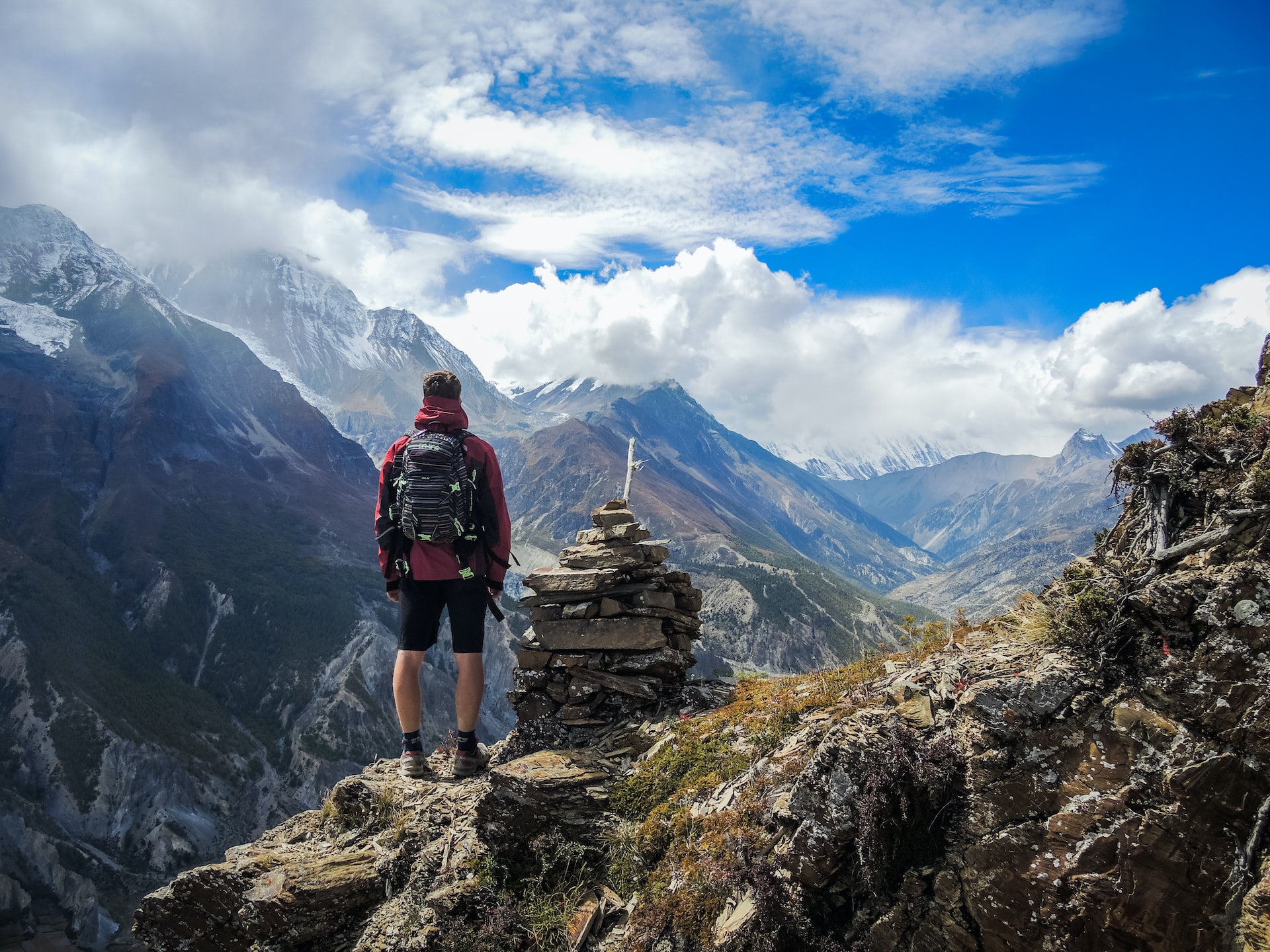Traveling as a backpacker is an experience that everyone passionate about tourism should have at some point in their lives, and if you are planning a trip of this type, you have probably already thought about choosing the best low-cost accommodations, tracing a route through the most interesting tourist destinations and, of course, selecting what goes with you in your backpack.
The problem is that trips like this tend to consume a lot of energy, and depending on your diet, this can put an end to your plans: imagine getting sick in the middle of the adventure?
To prevent this from happening, see the diet we recommend for you on a backpacking trip.
What to eat for breakfast
If you’re traveling as a backpacker, you’ve probably chosen to stay in a simpler hostel or inn to save money and travel more. Hostels traditionally offer breakfasts that are simple but able to get you started for the day, while B&Bs tend to have a variety of options.
Assemble your plate with a good concentration of carbohydrates (such as bread, simple cakes or cookies), fruit and a good portion of protein (such as milk, cheese or some sausage). If you are used to drinking coffee, a cup of this drink can help you to have more energy in the morning.
With a full breakfast, you’ll have more energy to start your adventure!
What to snack on the tours
Traveling on a tight budget requires good planning so as not to spend too much on snacks during the day and, of course, not to get hungry. So make it a habit to take some snacks with you in your backpack so you can snack.
A good option for mid-afternoon or morning snacks are plain crackers, granola bars, unpeeled fruit (like oranges, apples and hardier ones) and even a small sandwich made with cheese.
The most important nutrient for the backpacker is, without a doubt, carbohydrates, as he needs energy to walk all day. Avoid fasting and always take one of the options mentioned above for your walks.
How to choose the best lunch
A backpacker’s lunch should value practicality and energy recovery, since it is a meal that can interfere with your rhythm — imagine feeling that sleep in the middle of the afternoon while walking through your destination?
A good suggestion is to get away from the traditional and more expensive restaurants, which tend to offer huge and heavy meals, and choose to eat something tasty in the street stalls, food trucks , in the city’s municipal market or even in snack bars that offer lunch dishes.
At this meal, once again, don’t forget the carbohydrate (potatoes, pasta, rice, bread, corn, etc.), opt for a portion of protein (meat or cheese) and avoid fried foods or fats. A fruit can go well with dessert to help you replenish your vitamins.
what to eat for dinner
Many backpackers arrive at the hostel or hotel, exhausted from walking and having fun throughout the day. At these times, the last thing we want to think about is looking for somewhere to eat. The vast majority of backpackers choose to cook in hostels, not only to reduce costs, but also to take advantage and go to bed earlier.
The dinner suggestion for a good backpacker is a practical dish, but tasty, that brings comfort to sleep peacefully. Pasta is always the most popular option, but you can also choose to complement your meal with some meat or assemble a natural sandwich with some ingredients bought at the nearest market. What’s left can be stored in the hostel’s fridge to be used for the next day’s snack.
If you don’t like or don’t know how to cook, dinner is a good opportunity to go out and enjoy some local cuisine, since, in the evening, you’ll have more time to wait for the meal to be prepared and then digest it properly. If you saved well during the day, maybe this is the time to invest in a more expensive and tastier dish.
Don’t forget the liquids
A good backpacker knows the importance of always carrying a good volume of water with him to drink during the day: hydration will help you to be in a better mood and also to be farther away from opportunistic infections that may arise during the trip.
Intercalate water with good doses of natural juices and avoid consuming soft drinks or alcoholic beverages during the day, as they can accelerate your dehydration process.
